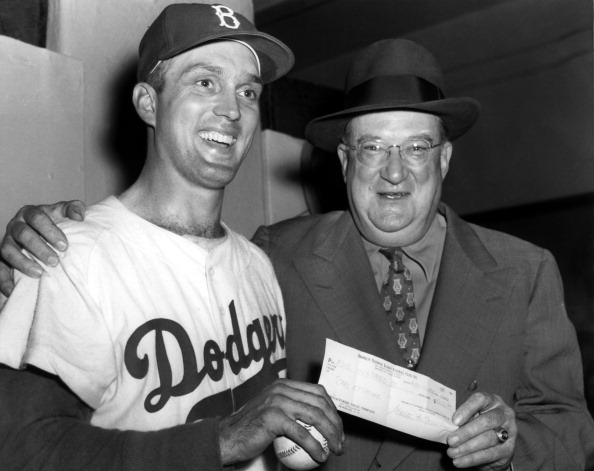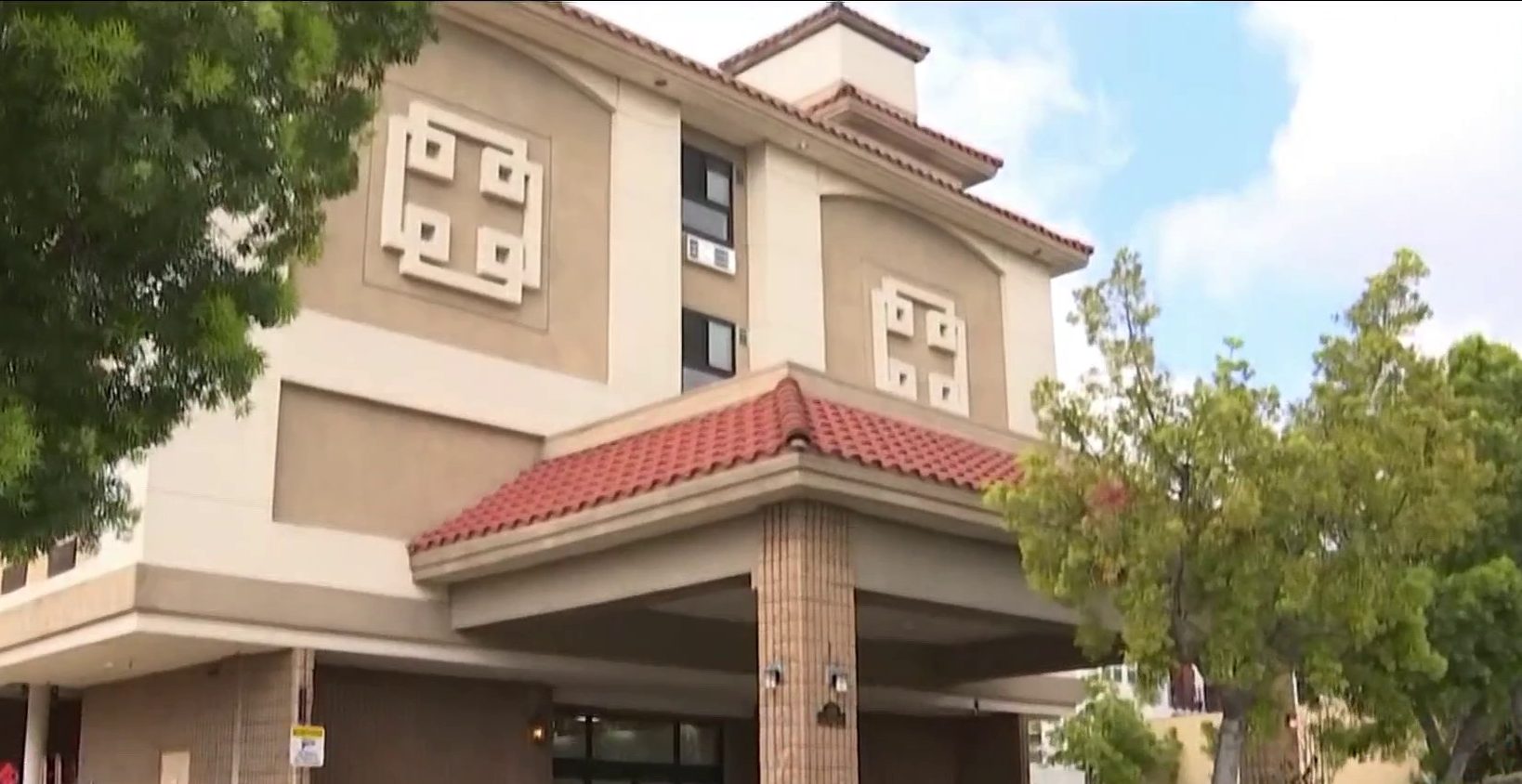A former Los Angeles County sheriff's deputy was sentenced Monday to 1 1/2 years in federal prison for trying to derail a federal probe into deputy-on-inmate violence in county jails.
James Sexton, 29, is "totally unrepentant" and "embarrassed not only the sheriff's department, but every man and woman who puts on that badge every morning,'' U.S. District Judge Percy Anderson said.
Sexton -- the seventh and final ex-deputy to be sentenced in the case -- declined to make a statement in court. His attorney, arguing for a six-month prison term, told the judge that his client played only a minor role in the conspiracy, and no harm was done to society as a result of Sexton's actions.
Anderson, his voice rising, responded that such a position was "flat- out wrong," and the case helped contribute to an "erosion of public trust in our institutions -- and you don't have to look very far to see that's true."
Sexton tried to impede a federal probe of the jail system by using the jailhouse computer system to falsify or omit identifying characteristics of an inmate working as an FBI informant, in effect ``hiding'' the inmate during a two-week period in August 2011 when federal officials wanted to interview the prisoner.
The former deputy -- whose family members worked in law enforcement -- was found guilty of federal conspiracy and obstruction-of-justice counts in September, four months after his first trial ended in a 6-6 deadlock.
Sexton's attorney, Thomas O'Brien, cited his client's "cooperation" with authorities, who ensnared six other deputies while investigating the case.
Local
Get Los Angeles's latest local news on crime, entertainment, weather, schools, COVID, cost of living and more. Here's your go-to source for today's LA news.
However, Assistant U.S. Attorney Brandon Fox argued that Sexton deserves 18 months behind bars since the defendant did not voluntarily come forward and none of his statements to investigators resulted in anything the government could use to prosecute others.
Sexton "provided only the information he wanted the government to know and only against the people he wanted the government to investigate," Fox wrote. "Despite multiple chances, defendant refused to answer any questions as to his friends or his actions with regard to civil rights violations. His so-called cooperation, like his 'recognition of wrongdoing,' was on his terms. His
sentence should not be."
Jurors determined that Sexton covertly worked to block the jails investigation, rejecting the defense argument that the deputy was merely following lawful orders from higher-ups to keep the informant safe from deputies and other inmates.
Ex-Undersheriff Paul Tanaka testified that while he didn't give the order to change inmate informant Anthony Brown's name or booking number, he didn't object. Tanaka also said that he was kept fully apprised of Brown's status.
Sexton did not testify at either of his trials, but jurors heard his own words in read-backs of testimony he gave to a grand jury investigating allegations of jailhouse corruption.
His co-defendants were convicted and sentenced to prison terms ranging from nearly two years to almost 3 1/2 years.



